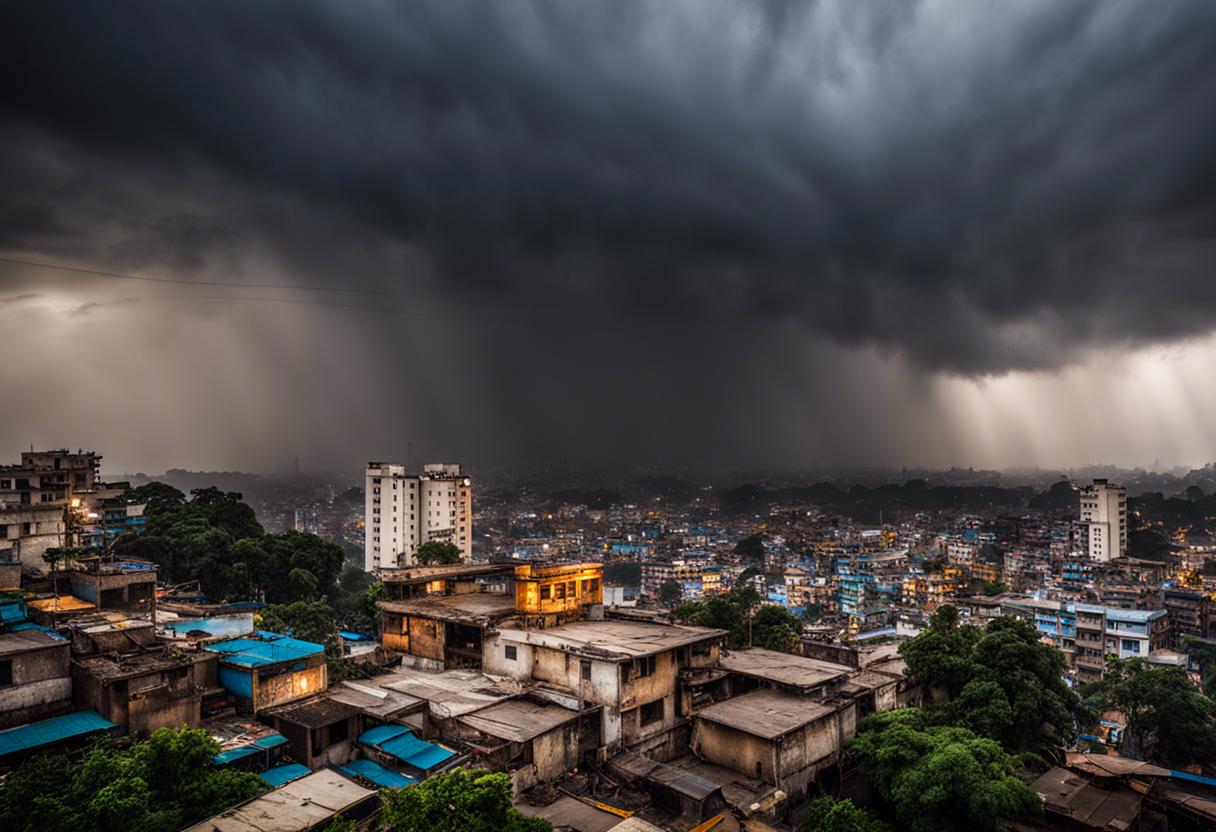In an unfortunate turn of events, New Delhi has been hit by heavy rainfall this week, resulting in the tragic loss of 11 lives. Among those who lost their lives were four individuals who found themselves trapped in flooded underpasses, as reported by The Times of India. The torrential downpour also led to turbulence in flight operations, with operations mainly taking place in the Indian capital.
Only a few weeks prior, this city was battling one of the most fierce heatwaves in history. June 28th saw the heaviest rain Delhi has experienced in several decades which exceeded the typical month’s worth of rain in a single day. However, the monsoon season is set to continue till late September.
With climate change posing significant threats, India is on the front line as one of the most susceptible regions worldwide. According to an assessment carried out by the Reserve Bank of India, the predicted cost to adjust to these changes could surpass $1 trillion by 2030.
In recent times, the pattern of monsoon rains has been increasingly unpredictable, leading to extreme rain events causing catastrophic flooding and landslides. The severe downpour this week had serious implications in Delhi, including a lethal roof collapse at one of the city’s principal airport terminals. This resulted in flight disruptions, widespread flooding of underpasses, substantial traffic gridlock, and power and water shortages across portions of the city.
According to Flightaware, a flight tracking platform, approximately 60 flights were called off from New Delhi’s primary airport during the past 24 hours. On Sunday, however, normal operations resumed predominantly. Most flights affected by the shutdown of the damaged terminal were routed to the other terminals.
The airport in Delhi holds significance for being one of the largest and most active airports in the country. Terminal 1, which is the terminal that is currently out-of-use, is mostly frequented by budget airlines like IndiGo, run by Interglobe Aviation, and SpiceJet. It has the capacity to host 40 million passengers on an annual basis.
Whilst both IndiGo and SpiceJet have been reached out to for a statement regarding the flight cancellations, no comments have been released thus far.

